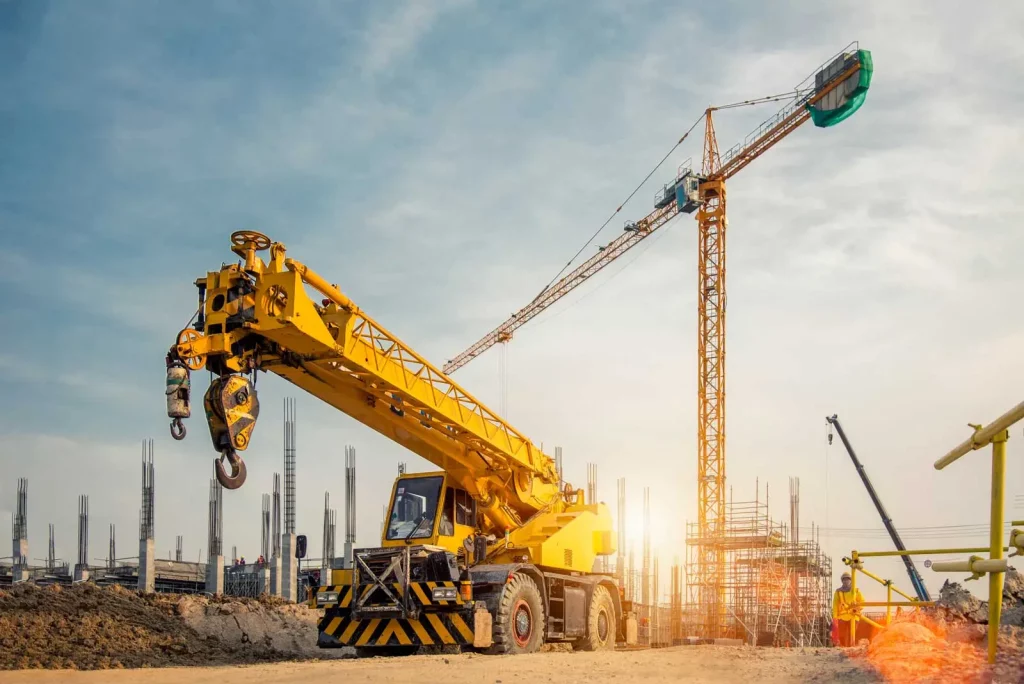New Heights in Your Career with Accredited Crane Operator Certification and Training
Reaching new heights in your career as a crane operator can be both an exciting and rewarding journey, and obtaining accredited crane operator certification and training is a crucial step in unlocking better job opportunities, higher pay, and greater job security. In industries such as construction, shipping, and manufacturing, crane operators are essential workers who play a key role in the safe and efficient handling of heavy loads. However, due to the complexity of the job and the safety risks involved, employers require operators to have the right training and certification to ensure they can operate cranes safely and effectively. Accredited crane operator certification provides a formal recognition of a worker’s skill and knowledge, ensuring that they meet industry standards. These certifications are typically issued by reputable organizations such as the National Commission for the Certification of Crane Operators NCCCO or the Crane, Hoist, and Monorail Alliance CHM. These bodies offer a structured training and testing program designed to assess a candidate’s understanding of crane operations, load chart reading, rigging, and safety procedures.

The certification process usually involves both theoretical and practical assessments. In the theoretical component, candidates are tested on their knowledge of crane safety, operational principles, and regulations, such as OSHA standards in the U.S. This part of the training ensures that you are well-versed in the safety protocols necessary to prevent accidents and protect yourself, your crew, and the equipment. The practical portion of the certification requires candidates to operate various types of cranes, such as tower cranes, mobile cranes, or overhead cranes, depending on the specific certification being pursued. This hands-on experience is invaluable for building confidence and fine-tuning skills in real-world conditions. For individuals looking to advance their careers, accredited crane operator certification is a gateway to increased earning potential and professional recognition. With the increasing demand for skilled crane operators in the construction and industrial sectors, particularly in urban development and infrastructure projects, certified operators are highly sought after.
Furthermore, certified crane operators have more opportunities to specialize in different types of cranes and machinery, which can further enhance their skill set and value in the workforce. Specialized certifications in areas like mobile crane operation, tower cranes, or rigging can help individuals diversify their qualifications and become more versatile in their job roles. Investing in accredited crane operator certification and training not only improves your chances of securing a job but also ensures that you are well-equipped to perform your duties safely and efficiently. This can lead to long-term career stability, job satisfaction, and the potential to grow into supervisory or management roles in the future. Whether you are just starting your career or looking to elevate your current skill set and learn more about crane operator training, certified crane operator training is a smart and essential investment for those who want to reach new heights in their careers. Many employers are willing to offer competitive salaries and benefits to individuals who hold recognized certifications, as these workers help reduce the risk of accidents and delays on job sites.

